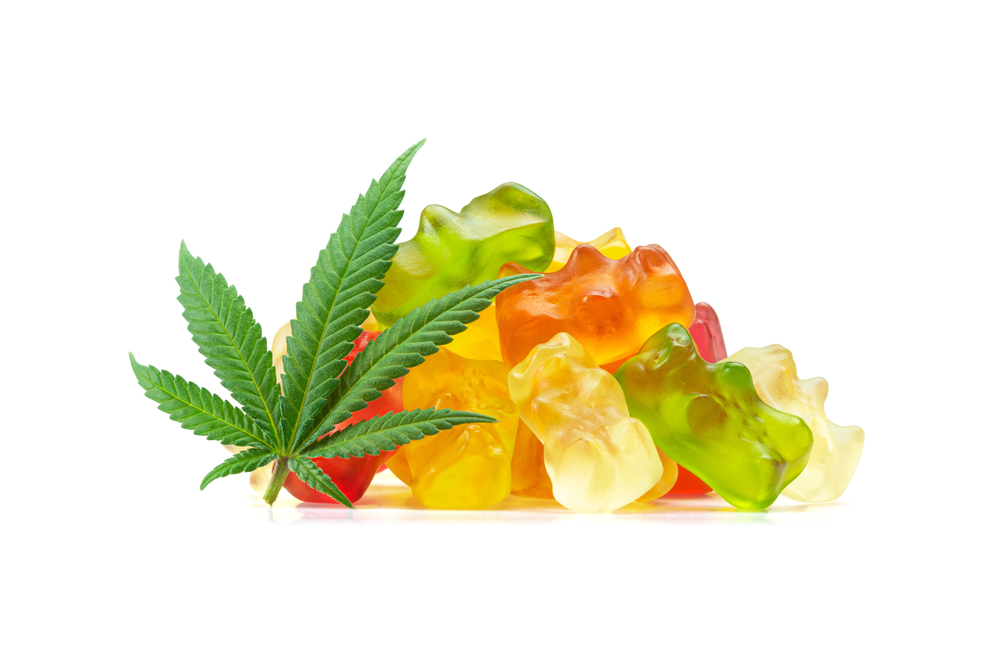
An OUWB medical student is involved in a nationwide campaign using the Halloween season to raise awareness of the dangers of children ingesting marijuana edibles.
M3 Alina Avetisyan is taking part in the Trainees for Child Injury Prevention (T4CIP) program, run by the American Academy of Pediatrics.
Avetisyan said that she was inspired to participate in the campaigns this year due to her interest in pediatrics.
“I thought that joining T4CIP would be a great opportunity to learn more about how I can be involved in advocacy work and learn from other medical trainees and experts in the field of child injury prevention,” she said.
Such campaigns run twice a year on different topics related to child injury prevention and health. Medical students across the country collaborate to “develop outreach materials and strategies for one-day national advocacy campaigns” called Days-of-Action, according to the T4CIP website.
Previously, OUWB students were involved with T4CIP campaigns regarding drowning, bicycle safety, and bringing awareness to the number of children ingesting magnets. The latest campaign involving marijuana edibles coincides with a time of year when children generally are eating more sweets — and, more importantly, an increase in reported poisonings.
“(T4CIP) picked the topic based on trends showing emergency departments and poison control centers have seen an increasing number of visits for marijuana exposures since products containing marijuana have become more available to the public,” the organization says on its website.
“One study found that the annual number of reported cases of THC intoxication involving children younger than 6 years old increased five times from 2014 – 2019,” it continues.
According to the organization, marijuana edibles often look like regular sweets or snacks, and popular infused products include:
- Gummy candies, chocolate bars, lollipops, fudge, and other candies
- Baked goods, snack foods, and desserts, such as cookies, brownies, cupcakes, and ice cream
- Sweetened beverages such as sodas and lemonade
Anyone who eats an entire edible — especially children — may experience overdose effects such as intoxication, altered perception, anxiety, panic, dizziness, excessive sleepiness, apnea, and heart problems.
The organization offers several tips for safety:
- Individuals who have edibles in their home should store them as they would other medications and/or potentially toxic products — out of reach of children and/or locked.
- Never consume edibles in front of children.
- Avoid buying edibles that are produced in packaging that looks like real candies.
- Ask anyone whose home children spend time in if they use marijuana edibles and if so, make sure the items are stored safely and not used in front of children.
Typically, such campaigns surround a specific day where participants take to various social media platforms to share outreach materials and information based on a specific hashtag. Campaigns also typically involve in-person advocacy activities within the community.
“I’ve enjoyed this experience so far,” said Avetisyan. “(Because) I am interested in a career in pediatrics and advocacy, this has been a great opportunity to learn more about child injury prevention, the different ways that we can be advocates, and (how we can) make an impact in our communities.”
To request an interview, visit the OUWB Communications & Marketing webpage.
This work is licensed under a Creative Commons Attribution-NonCommercial 4.0 International License.

